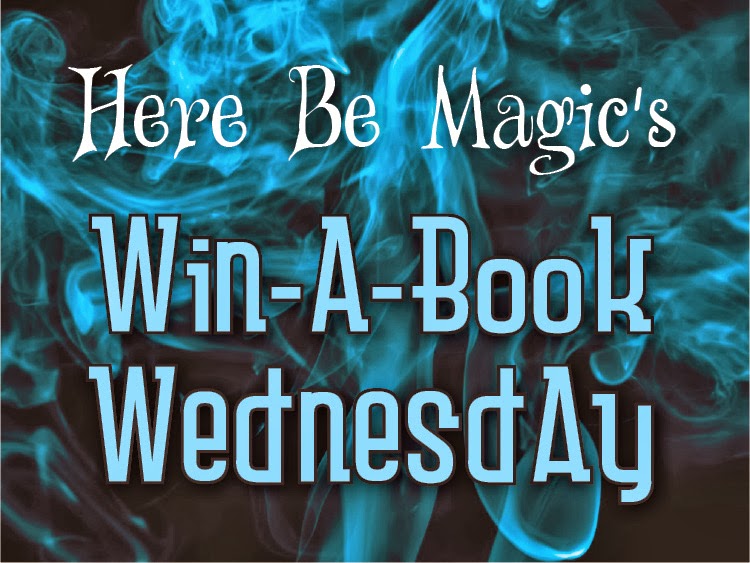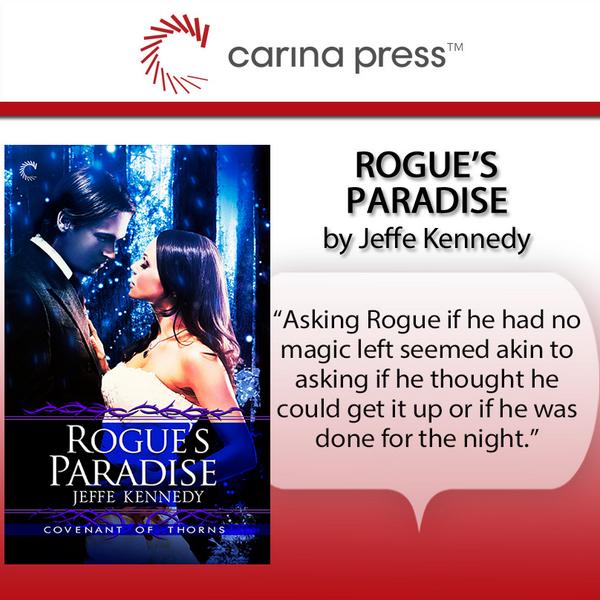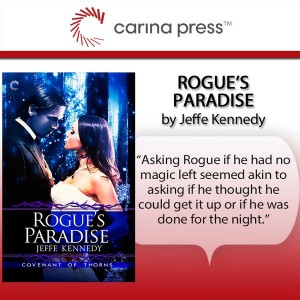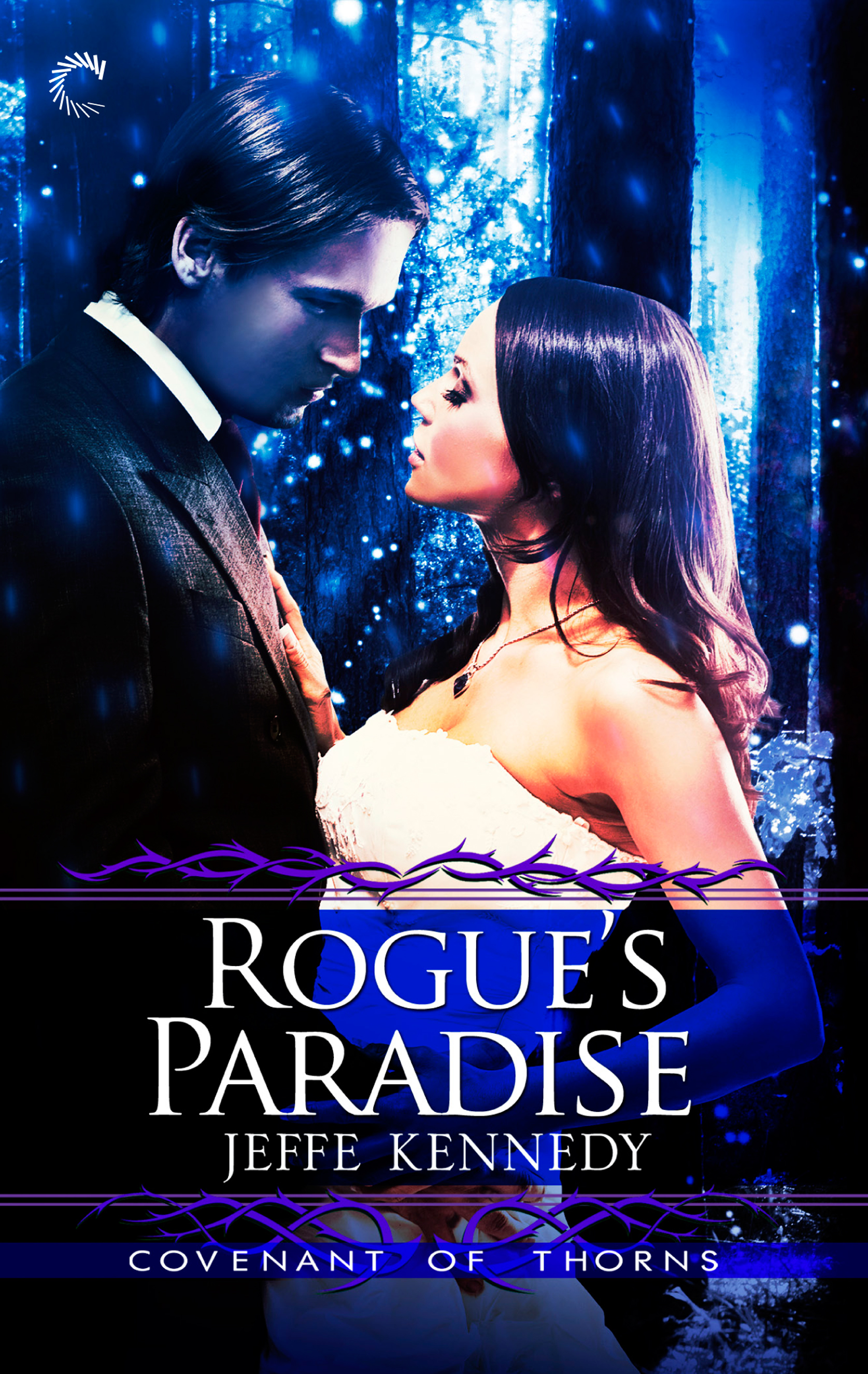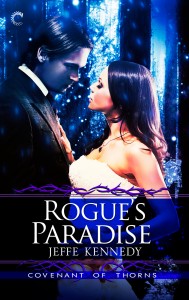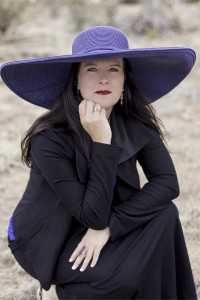RT Booklovers Convention in Dallas, May 12-17 2015, held at the Hyatt Regency Dallas by the Convention Center
Want to meet Jeffe?
Here is a list of events she’ll be attending at RT:
Tuesday, May 12, 2015 – 4:00pm to 5:00pm:
Scrapbooking Mania
Join Jennifer L. Armentrout, Rachel Caine, Celeste Easton, Darynda Jones, Jeffe Kennedy, Ciara Knight, and Kim Meyer for a fun and interactive scrapbooking event! No experience necessary. Authors and fellow readers will be on hand to help decorate. Bling it out, go crazy and have fun creating your little piece of RT 2015 history. We’ll have all the supplies you need, even a camera and printer so you can create a page from the workshop with your favorite attending author — or better yet, a picture with the entire group. Best of all, you leave the workshop with your ready to autograph, original RT 2015 scrapbook!
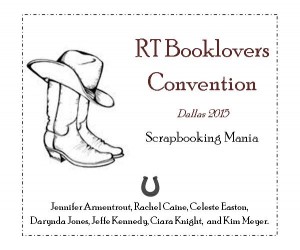
Wednesday, May 13, 2015 – 5:00pm to 6:00pm:
Mad Hatter Fantasy Tea Party
Come join the fun and mayhem at our Mad Hatter Tea Party with some of fantasy romance’s bestselling writers. Full of games, goodies and giveaways. The first 100 people will get a goody bag — and books!
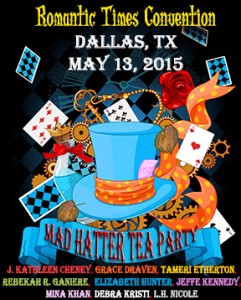
Thursday, May 14, 2015 – 2:40pm to 3:10pm:
Kensington Books Spotlight
Publisher Spotlights are where representatives from a publisher speak to a group of aspiring and published authors to let them know which type of book, genres, word length, and any other acquisition information an author may need to know to determine if their book is right for the company. They will also discuss how they work with and support their authors, including but not limited to marketing/promotion.
Thursday, May 14, 2015 – 5:15pm to 6:45pm:
Kensington’s Sweet Heat
Warm your heart with a celebration of Kensington authors and books. Indulge in delicious snacks and refreshments as you chat with your favorite authors, meet the Kensington team and score special prizes. We’ll be giving a special surprise to the first 100 people who line up for love, but all who attend will get fun treats, sneak peeks and their choice of two autographed books!
Friday, May 15, 2015 – 1:30pm to 2:30pm:
Kensington’s Hearts & Kisses
Join the Kensington family for our Hearts & Kisses event, where you can star in your own romance cover and pose with your favorite muscled hero! Write love notes to your favorite authors, which will be delivered after the event.
Saturday, May 16, 2015 – 11:00am to 2:00pm:
Giant Book Fair
Meet more than 500 authors who will autograph books, posters and bookmarks. Bring your “keepers” and have them signed! This year we will have all authors (traditional, e-book only, and indie/print on consignment) all in one room and fully intermingled!
The Saturday Giant Book Fair ticket is included in the full general convention registration fee. This event is also open to the public, and tickets can be purchased for just the Giant Book Fair. You can purchase a ticket at the door the day of the event. Pre-ordered tickets will be picked up at the hotel on the day of the Giant Book Fair.
You may bring in your books from home to get them autographed. However, they must be checked in and stamped (with invisible ink, so there’s no damage to your books) before you enter the book fair. Only two books from home per author are allowed.
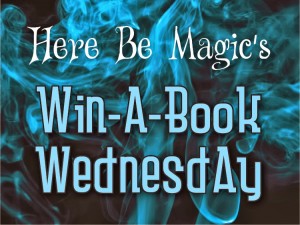 Release Week celebrations continue and today brings TWO opportunities to win one of the Covenant of Thorns books of your choice! All depends on where you are in the series and your personal preference. Over at Here Be Magic, it’s Win-A-Book Wednesday with a Rafflecopter giveaway and Amy at So Many Reads is hosting a giveaway along with an interview with me about the trilogy and her lovely review of Rogue’s Paradise, which she calls her favorite. I’m also at the Rocky Mountain Fiction Writers blog, talking about the reader responses I’ve gotten over the last couple of years to Gwynn being a female scientist.
Release Week celebrations continue and today brings TWO opportunities to win one of the Covenant of Thorns books of your choice! All depends on where you are in the series and your personal preference. Over at Here Be Magic, it’s Win-A-Book Wednesday with a Rafflecopter giveaway and Amy at So Many Reads is hosting a giveaway along with an interview with me about the trilogy and her lovely review of Rogue’s Paradise, which she calls her favorite. I’m also at the Rocky Mountain Fiction Writers blog, talking about the reader responses I’ve gotten over the last couple of years to Gwynn being a female scientist.